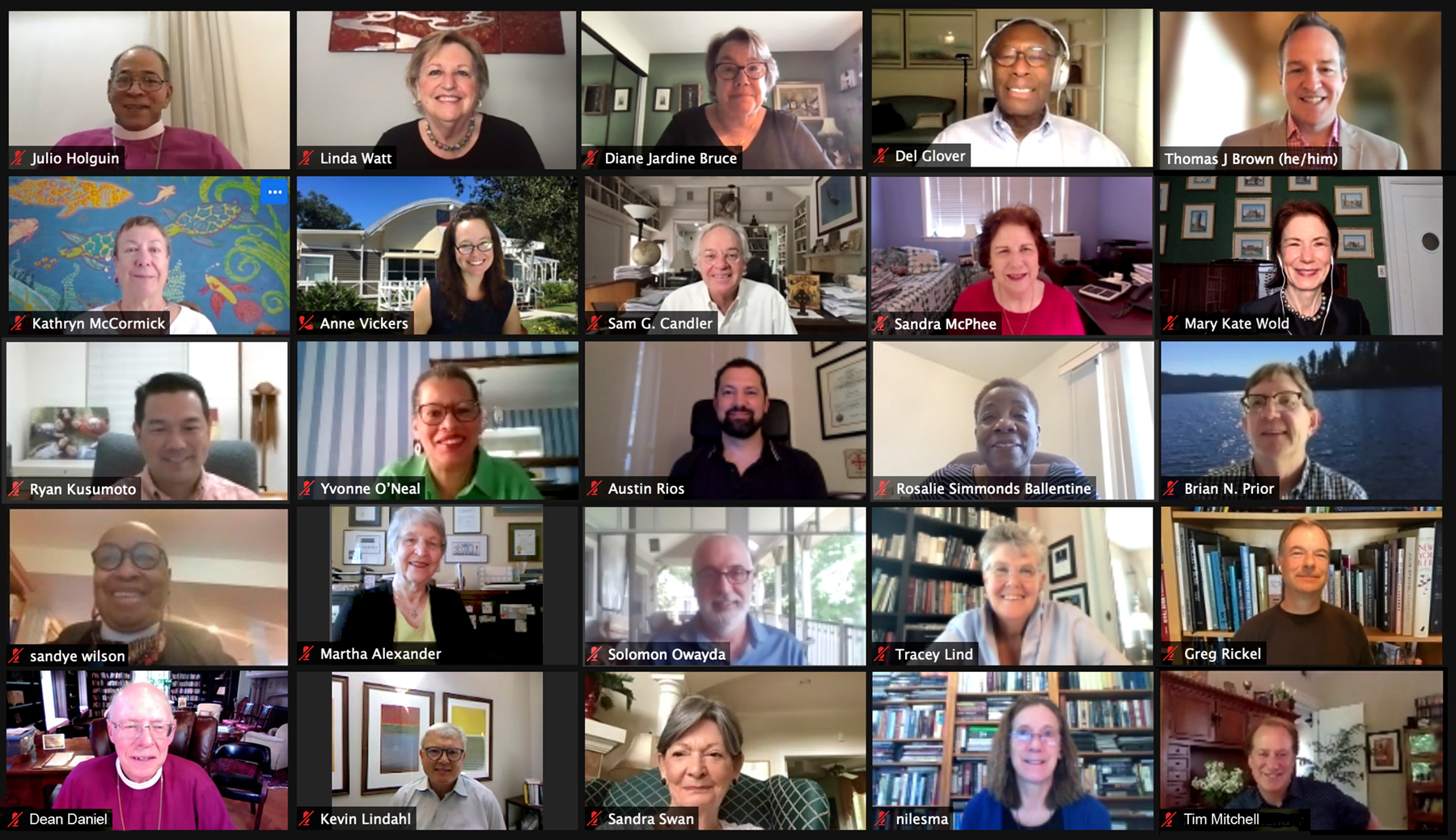Before the Denominational Health Plan (DHP) was created in 2009, healthcare benefits for clergy and lay employees were provided through a voluntary program of multiple and differing diocesan plans. Each diocese functioned separately and alone in the purchasing, administration, and delivery of health benefits. This resulted in an inefficient system that was unable to take advantage of economies of scale and created unequal costs and benefits across the Church. In 2008, there were more than 100 different health plans being sponsored by dioceses in the United States, with costs projected to increase beyond any one group’s ability to control.
At the urging of the CPF Board, the 75th General Convention authorized CPG to conduct a feasibility study of the costs and issues surrounding the provision of healthcare benefits to all clergy and lay employees, including the possibility of creating a single denominational healthcare benefits program that could be administered by The Episcopal Church Medical Trust.
After years of comprehensive research and analyses, financial modeling, focus groups, surveys, and conversations with various stakeholders across the Church, the CPF Board presented The Healthcare Coverage Feasibility Study to the 76th General Convention. It recommended the creation of a denominational health plan, which was approved as Resolution 2009-A177.
From the start, the DHP offered identical health benefits to clergy and lay employees scheduled to work a minimum of 1,500 hours annually and required parity in cost-sharing between eligible clergy and lay employees. CPG dispatched its corps of educators and relationship managers, led by Senior Vice President Laurie Kazilionis, to help dioceses understand the opportunities and obligations presented by the DHP. By 2012, 94% of domestic dioceses were participating in the DHP, and most had achieved parity in cost-sharing between clergy and lay employees.
Over the years, the General Convention has reviewed and approved multiple resolutions designed to address affordability and other concerns related to the availability of coverage. The work continues.
Most recently, the 80th General Convention established a task force of deputies, bishops, CPG representatives, and others to examine the DHP. CPF Board Chair Kathryn McCormick and CPG Chief Operating Officer Frank Armstrong joined forces with others on the DHP Task Force to consider what additional measures could be taken to address healthcare cost and coverage concerns. The task force determined that CPG has effectively implemented cost-saving strategies in line with the requests and mandates given by the General Convention, but that certain actions taken by past General Conventions have had some unintended consequences. The task force, therefore, urged certain changes to the DHP to further help control costs and also introduced new factors (e.g., ability to pay) for considering how to share cost burdens across the Church, all of which will be topics of discussion at the upcoming General Convention.
By bringing all eligible clergy and lay employees in the domestic dioceses into a single plan, the Medical Trust has been able to control the rising cost of healthcare while also working with each diocese to adopt cost-sharing policies to achieve parity for clergy and lay employees. Our work continues with the support of many and in the spirit of our dearly departed colleague, Dean George Werner.

